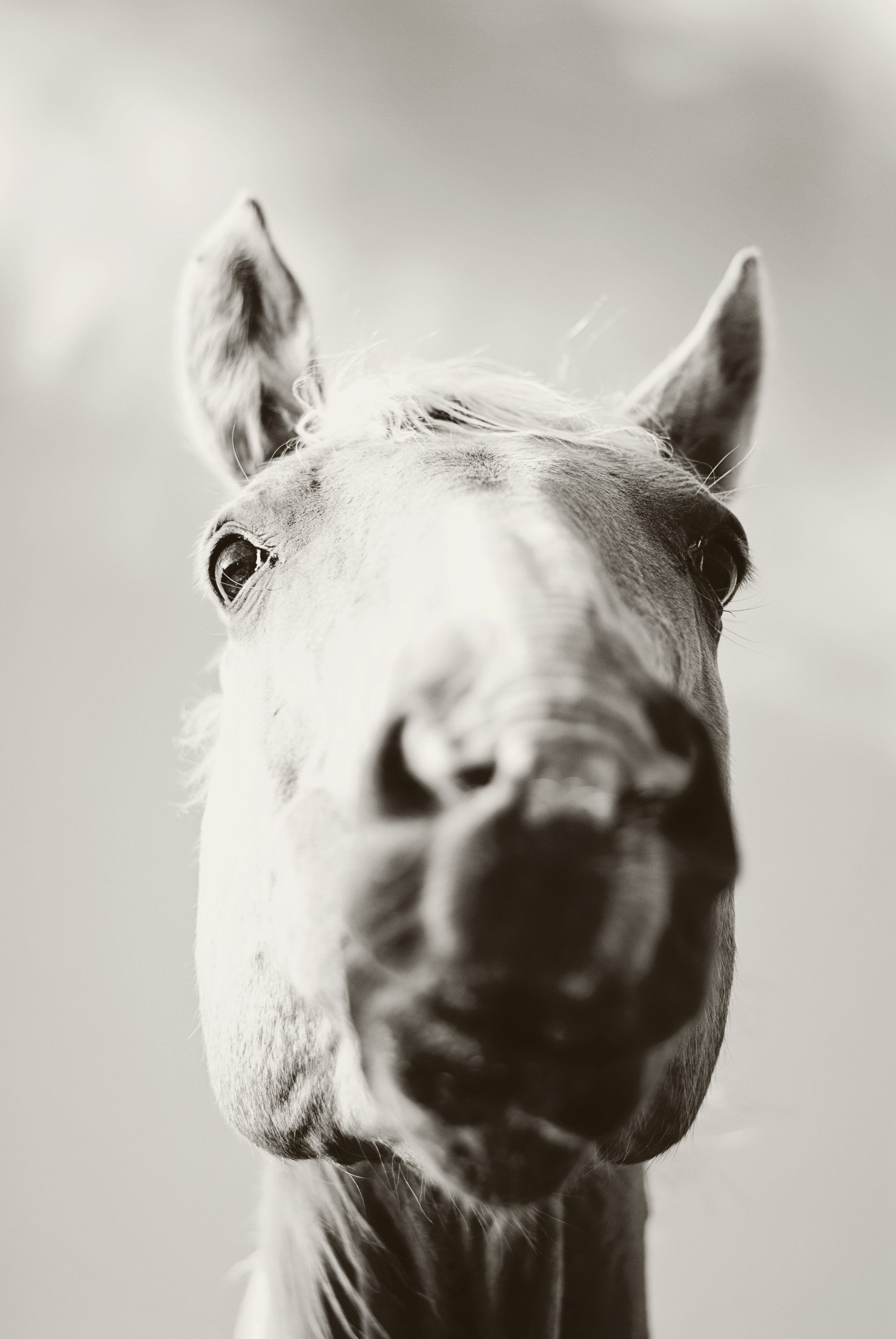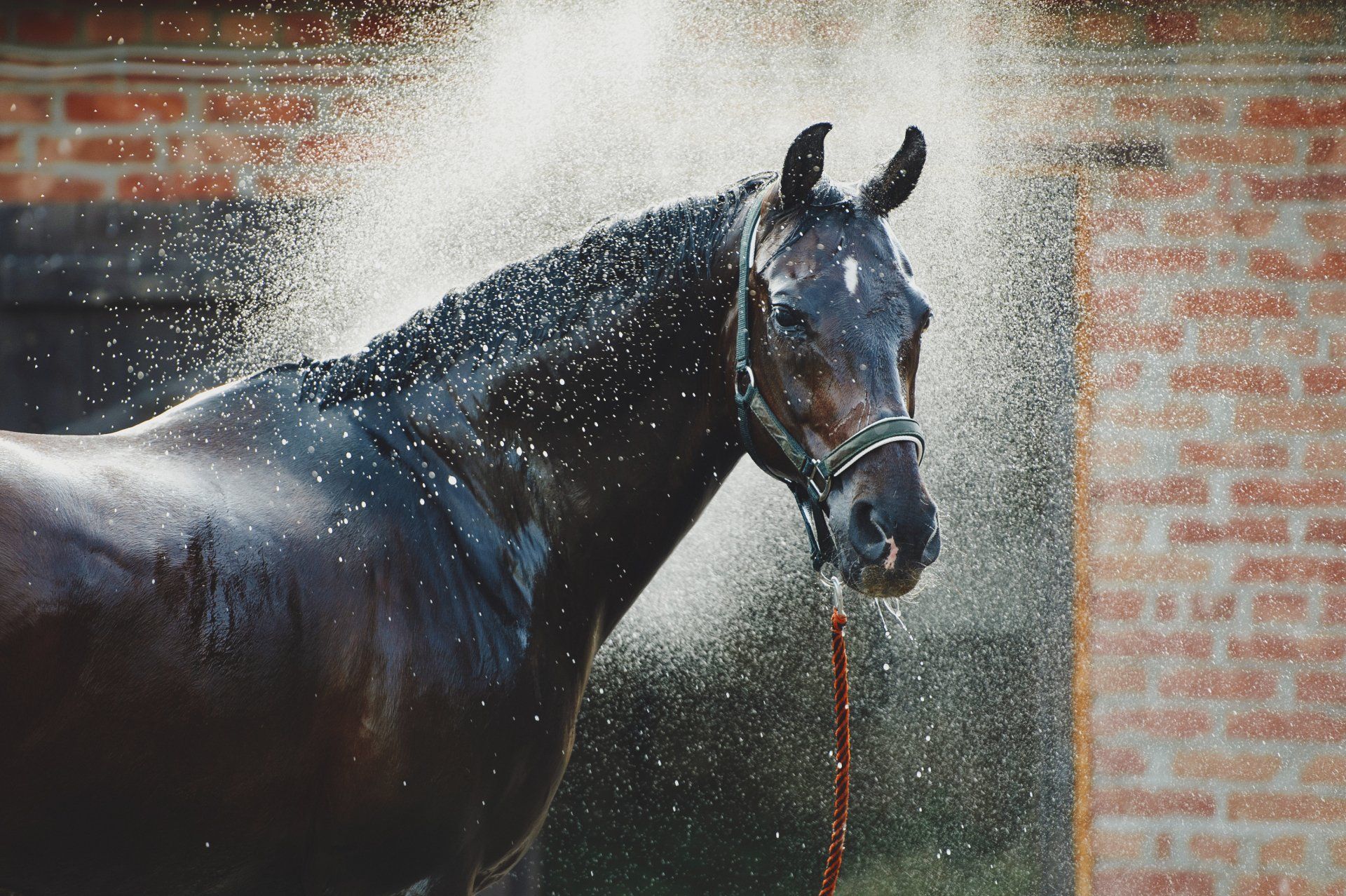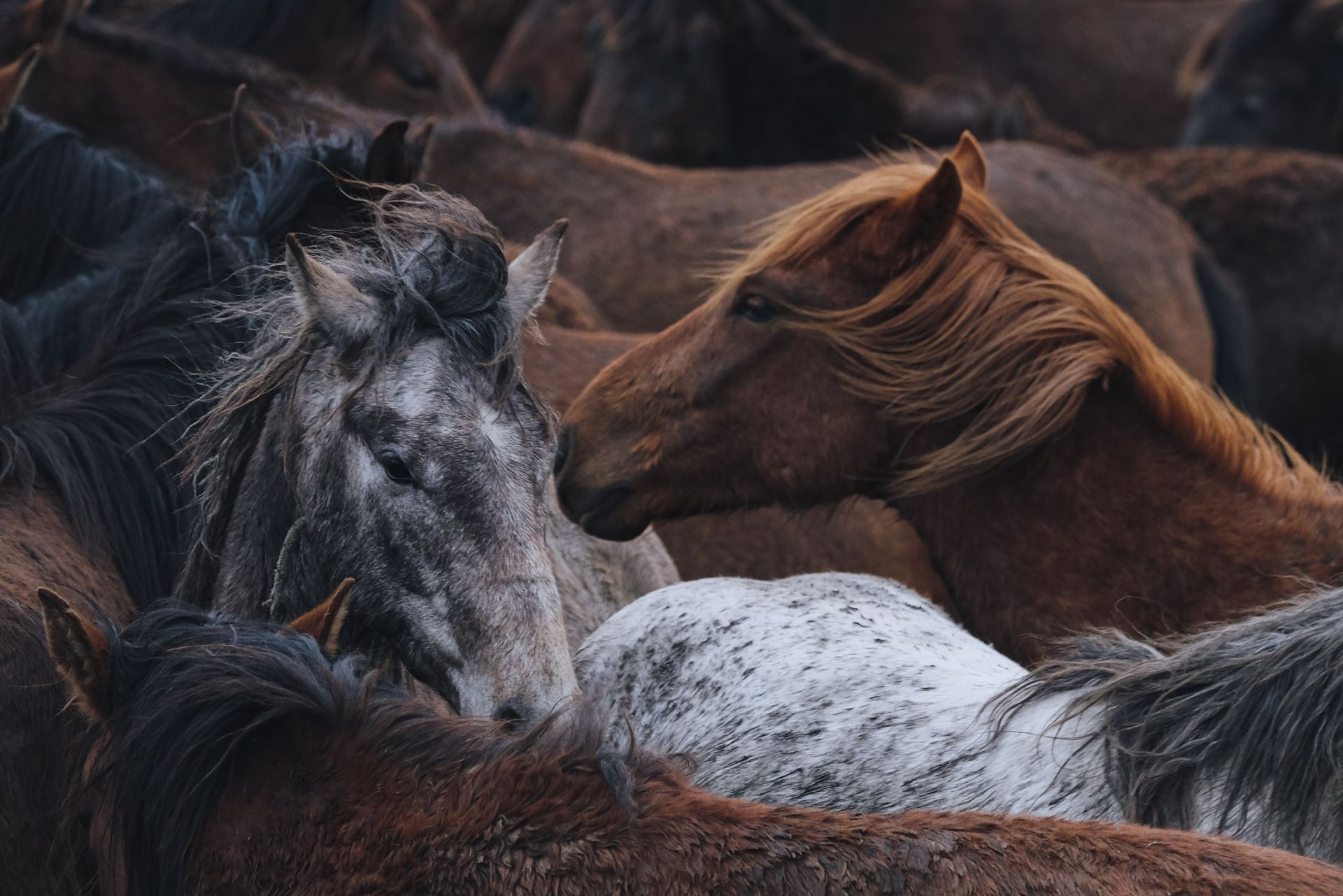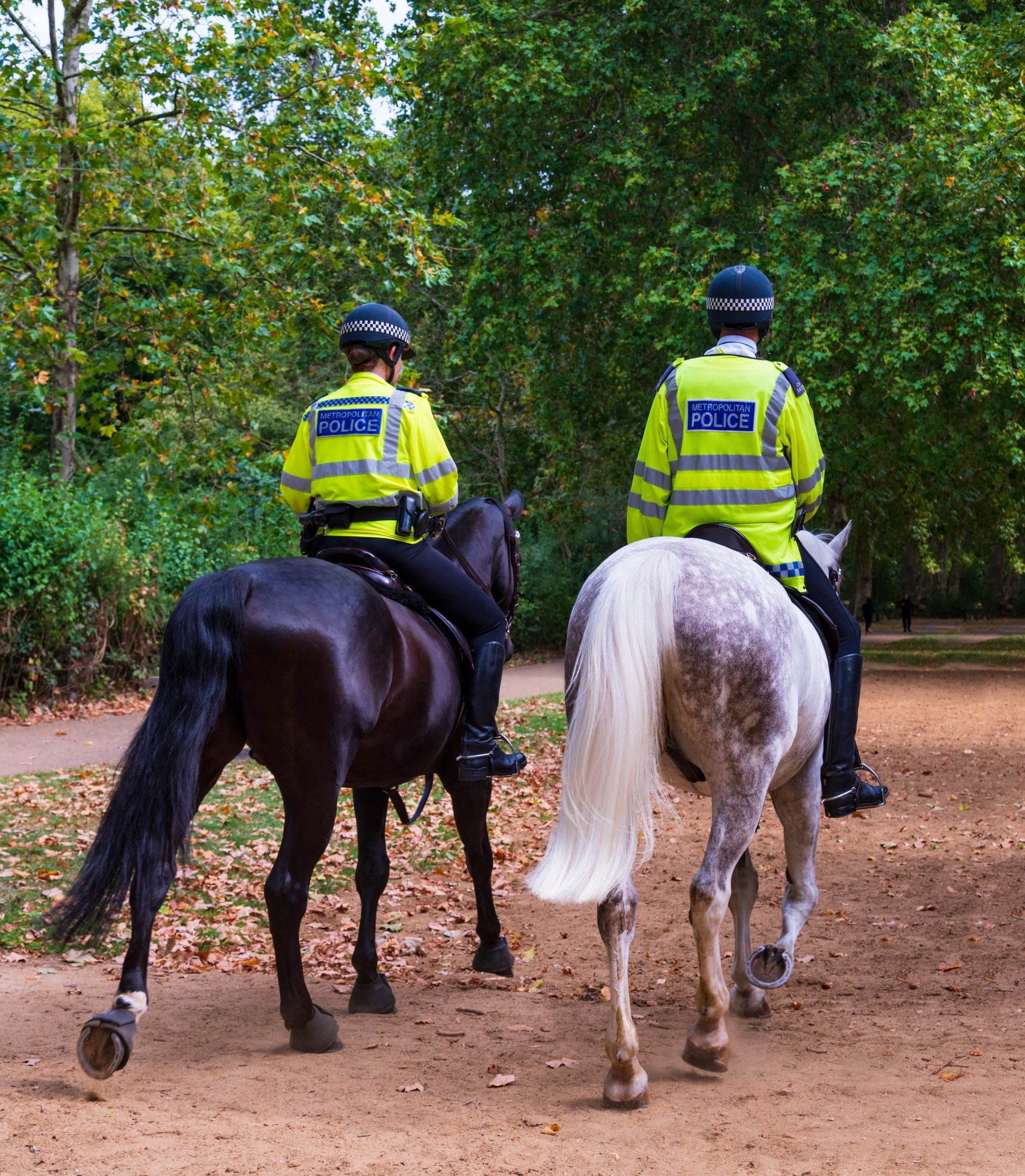Nasty equine diseases on the way as the climate warms
Climate change brings floods, droughts, extreme weather events and disruptions in plant growth. It has even led to great extinctions like the one fifty thousand years ago, when the last dramatic episode of global warming took place and horses died out in their millions as they tried to make their way north to cooler weather.
Overweight horses and mass horse deaths
We’re already seeing reports about climate change affecting horses. One leading vet has told the Independent newspaper that climate change might be making horses overweight, which can in turn lead to the inflammatory disease laminitis. And in Australia there have been mass equine deaths because of ongoing heatwaves.
West Nile Virus is edging closer to the UK
Vets are becoming concerned about West Nile virus, transmitted by mosquitoes that haven’t reached the UK yet but have been found as close as Spain, clearly edging their way gradually north. It’s fast becoming rampant in the USA as the world heats up. The virus causes mild to fatal brain inflammation in equines and while most recover, some can be left with long-term effects. Luckily there’s a vaccine.
Horse parasites are becoming resistant to drugs
At the same time horse owners are starting to be aware of the increasing risks inherent in internal horse parasites. Apparently fast-accelerating drug resistance among internal parasites is a thing, as revealed by a joint study between the Grasslands Research Center in New Zealand and the University of Kentucky. They used computer models and simulations to predict whether climate change is likely to affect the lifecycle of cyathostomins, common internal parasites common in horses, and it looks like drug resistance is already underway.
Ross River virus moves outside Australia
Then there’s the possibility of the Ross River Virus emerging as a global infectious disease in humans as well as horses. The mosquito-borne virus usually cycles between marsupials and mosquitoes, causing the most common human mosquito-borne disease in Australia. It comes with painful joint inflammation and the risk of chronic, long-term, debilitating illness. Worryingly, nobody yet knows exactly how the virus works inside people and equines.
Canadian horse owners affected by global warming
In Canada around 90% of horse owners questioned in recent surveys said climate change is affecting their horses, which are increasingly suffering from respiratory diseases from wildfire smoke and dust plus skin diseases and damaged hooves from unpredictable weather, and ‘unforeseen’ parasites and diseases.
Awful Arboviruses and Orbiviruses
Last but not least there’s the threat of Arboviruses, a cause of disease in humans and animals that’s expected to spread far and wide thanks to climate change. These viruses cause awful illnesses like bluetongue virus or BTV, African horse sickness virus or AHSV, equine encephalosis virus or EEV, and epizootic hemorrhagic disease virus or EHDV, all spread by insects moving around the planet as the weather warms up. BTV infections are already on the up, spreading throughout Europe and into the USA. Then there are Orbiviruses like the one that causes Peruvian horse sickness virus.
How to keep your horses healthy
The best way to keep your horses in good health is to maintain high levels of hygiene and care, and be aware of the exotic diseases that are fast becoming a cause for concern as the climate warms.
One of the most important things for overall good equine health is temperature. Just like us, when a horse is comfortable and cool it’s happier and healthier, better able to fight diseases than if it’s struggling to cope with excessive heat. And that’s why our equine cooling technology is becoming increasingly popular with horse owners, breeders and trainers.










